


























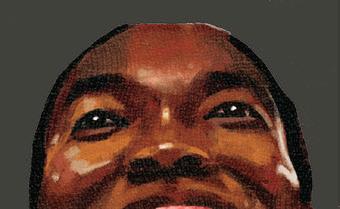
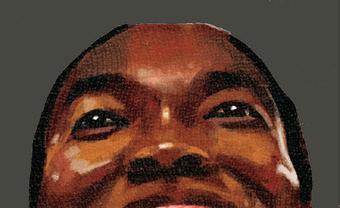

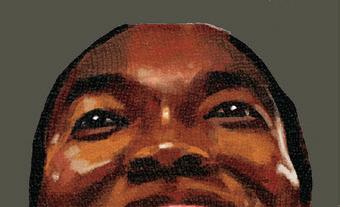
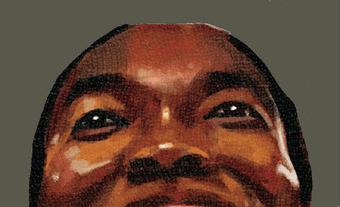

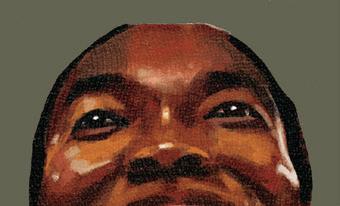

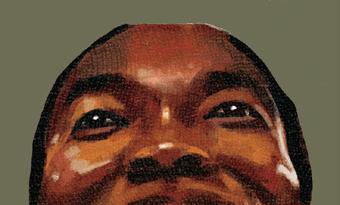




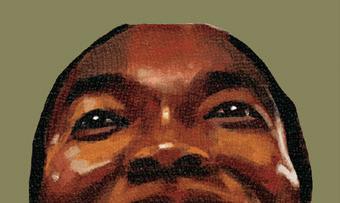

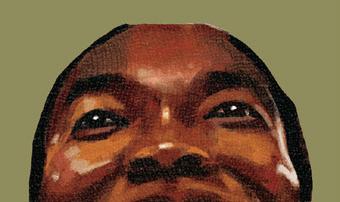

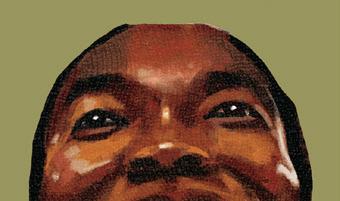






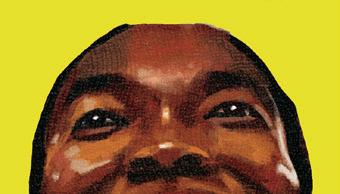





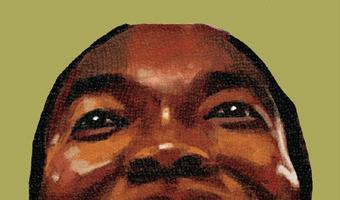

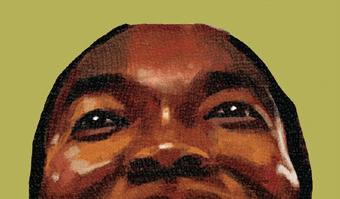
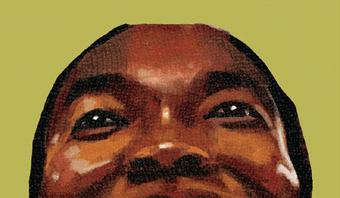



THE INSPIRATIONAL LIFE STORY, ADAPTED FOR YOUNGER READERS

































































THE INSPIRATIONAL LIFE STORY, ADAPTED FOR YOUNGER READERS
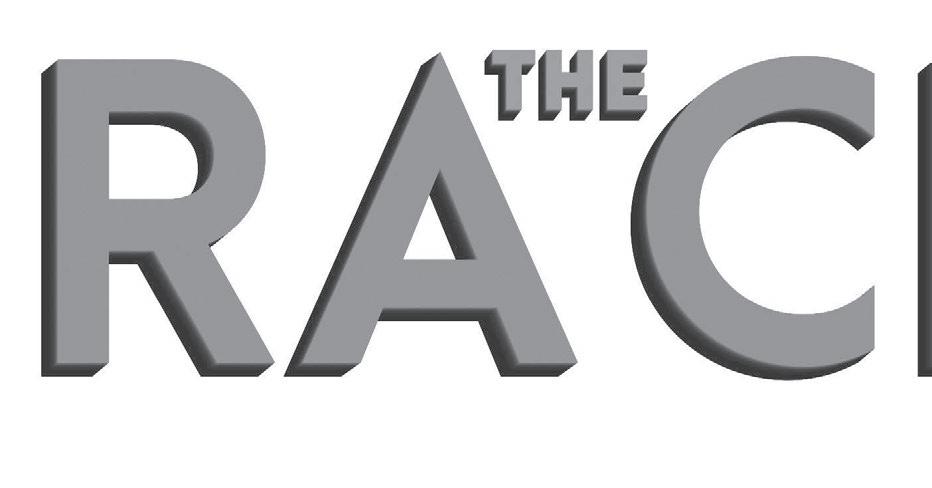


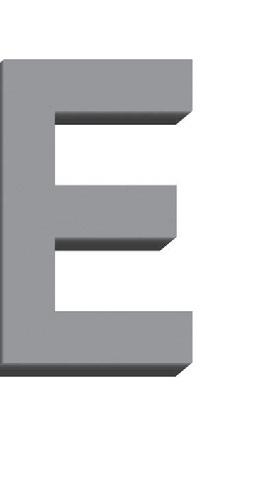
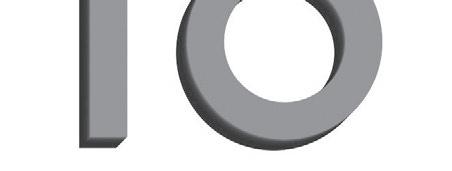
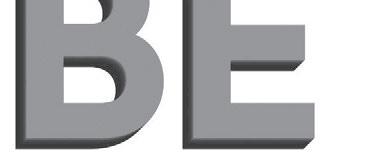

For those who are born different and feel they don’t belong in this world, it is because you were brought here to help create a new one.
UK | USA | Canada | Ireland | Australia India | New Zealand | South Africa
Penguin Books is part of the Penguin Random House group of companies whose addresses can be found at global.penguinrandomhouse.com
www.penguin.co.uk
www.puffin.co.uk
www.ladybird.co.uk
First published in the USA by Norton Young Readers, an imprint of W.W. Norton & Company, and in Great Britain by Penguin Books 2024 001
Copyright © Caster Semenya, 2024, 2023 Adapted from The Race to Be Myself: A Memoir
The moral right of the author has been asserted Book design by Hana Anouk Nakamura
Printed in Great Britain by Clays Ltd, Elcograf S.p.A.
The authorized representative in the EEA is Penguin Random House Ireland, Morrison Chambers, 32 Nassau Street, Dublin D02 YH68
A CIP catalogue record for this book is available from the British Library
ISBN: 978–0–241–58641–9
All correspondence to: Penguin Books
Penguin Random House Children’s One Embassy Gardens, 8 Viaduct Gardens, London SW11 7BW
I AM MOKGADI CASTER SEMENYA. I AM ONE OF THE greatest track-and-field athletes to ever run the 800-meter distance (800 meters is two laps around a standard-siz ed track). I’ve won two Olympic gold medals and three world championships, among many other victories, and went unbeaten for almost four years. Unfortunately, it is not what I have achieved on the track that has likely brought me to your attention. Much has been written about me in major media around the world since I came into the public’s eye in 2009, and most of it is lies or half-truths. I have waited a long time to tell my story. For more than a decade I have preferred to let my running do the talking. After what has happened to me, it felt easier that way.
In 2019, the International Association of Athletics Federation (or IAAF, now World Athletics) banned me from running my favored 800-meter event, along with the 400-meter and the 1,500-meter distances. I was not banned because I was caught using drugs to help my performance or cheating. Rather, I am no longer allowed to run those
distances because of a biological condition I was born with and that I refuse to take unnecessary drugs to change.
I have what is called a difference of sex development (DSD), a genetic condition where an embryo (a fertilized egg in a mother that divides and becomes a human being) responds in a different way to the hormones produced during pregnancy. These hormonal changes affect the development of internal and external sexual organs. To put it simply, on the outside I am female and I have a vagina, but I do not have a uterus. I do not menstruate, and my body produces an elevated amount of testosterone, a reproductive hormone that gives me more typically masculine characteristics than other women, such as a deeper voice and fewer curves. I cannot carry a child because I don’t have a uterus, but I do not produce sperm (the male egg that fertilizes a female’s egg and creates an embryo). I did not know any of this about my body until soon after August 2009, when I won the gold medal in the 800-meter race at the world championships in Berlin. I was only eighteen years old and had been forced to undergo a humiliating medical procedure without my consent just prior to the race.
The scientific community has labeled my biological makeup as “intersex,” and I am now one of the most, if not the most, recognizable intersex persons in the world. The truth is I don’t think of myself that way. I want everyone to understand that even though I am built differently than
other women, I am a woman. Of course, growing up I knew I looked and behaved differently from many of my peers, but my family, my community, and my country just understood I was what the Western world calls a “tomboy.” They accepted me as I was and never made me feel like an outsider. This is the source of my strength. I have never questioned who I am.
And I know I am many things—a proud Black woman from Limpopo, a rural province in the northernmost part of South Africa, a daughter, a sister, a wife, and now I am a mother to two young girls. I feel and hurt just like a regular person, although I am not considered by science or some people to be a regular woman. And I am a runner. It is like meditating for me. Every time I get to the starting line of a race, my mind goes completely silent. I hear nothing except my own breathing. I see nothing except the track in front of me. Some people call this “the zone.”
I sometimes remind myself of how blessed I am to be where I am today. Not that many years ago, the sports governing body of my own country of South Africa wouldn’t have allowed me to run in the Olympics because I am Black. I was born in 1991, just a few years before the first democratic elections in 1994 would finally begin to unravel apartheid, the system of government that defined people and even ripped families apart based on the color of their skin and other physical features. (Under apartheid, people
were labeled as “White,” “Black,” “Indian,” or “Colored,” meaning mixed race. Society was divided along these racial lines, and there were laws against people from one racial group mixing with or marrying people from another group.) My parents, older siblings, and extended family lived through this time. They were not allowed to travel or live where they wanted; some were forcibly relocated. Black people didn’t have access to higher education. And unlike me, so many great Black athletes never got a chance. There is still so much trauma in our communities from the brutality of apartheid. I carry within me that history of discrimination and resistance and the yearning for freedom; they are there in everything I do.
As a young girl, I heard Nelson Mandela, the beloved leader of our country and icon of freedom and resistance around the world, speak about sports as having “the power to inspire . . . the power to unite people in a way that little else does . . .” And I loved sports. I knew from a young age that I wanted to be known and appreciated for my physical talents. No notable athletes had ever come out of our small village, and people were more concerned with surviving than dreaming. I had no real reason to believe in my eventual success, but I was sure I was going to make it.
I was lucky to be born with these special talents—my mind has a unique abilit y to focus, my body can stand the pain and exhaustion of endless training. It’s not the testos-
terone in my body that makes me great, it’s my ambition, perseverance, and faith in myself. Every time I’ve been knocked down, I get back up. Every setback has made me stronger.
I have never spoken in detail about what happened in Berlin on August 19, 2009, when my gender was first questioned by the sports authorities and my life was forever changed, but I am now ready to do so. It is said that silence will not protect us. I have been vilified and persecuted. Journalists have descended into my village and every school I’d ever attended. My parents and siblings, friends, and teachers have been harassed with calls and by visitors, day and night. I can still hear my mother wailing desperately as she tried to explain to perfect strangers that I was born a girl, and that I was her little girl, and why was all of this happening? “I don’t have time for nonsense,” I have replied to the journalists who’ve approached me about the “gender issue” throughout the years. And I mean it. Because that’s how I’ve always seen it. Nonsense and stupidity and ignorance. I’m here to run.
All I have endured has affected me in ways I cannot describe, although I will try. And while I have faced significant hardships throughout my life, I want to make clear that my story is not one of pain and torment, but rather about hope, self-confidence, and resilience. I am still standing; I am still here.
I am not a scientist. I am not here to deliver a lecture on human biology. I am not here to prove my humanity—that has been granted to me by God. I accept and love myself just the way I am. I am fortunate to have a family who never tried to change me, and a country that wrapped its arms around me and fought for my right to run. There is always a sadness to endings, but I will run as long as my body allows me to. When I can no longer run, you will still see me on the track supporting the coming generations. I am a proud South African woman born in a tiny village to people who loved me. They have survived more humiliations than I could possibly know. It is from them that I know about maintaining dignity in the face of oppression. It is my hope that by telling my truth, I inspire others to be unafraid, to love and accept themselves. May this story contribute to a more tolerant world for us all.
I’M RuNNING HARD AND FAST. THE GROuND HAS CRACKS everywhere, and I keep tripping. I am climbing over metal fences and floating and then falling and pushing up with my body and floating again. My feet are caked with dirt, and they are also wet. Sometimes they hurt, but the pain goes away. I am happy. No one can catch me. My mother and sisters try, but I’m too fast for them. I believe this is the first time I felt like “me.” That I was a person, separate from the people and things around me. It is my earliest memory. I was around two years old.
My mother says I was an early walker. I took my first steps at seven months. From there, it seemed like I was flying from one place to the next. My feet were always bleeding because the floor of my parents’ home was made of rough cement. It was easy for a toddler to stumble and fall, and my legs and knees were always scratched and
bruised. They said I wouldn’t cry when I fell, I’d just get up and keep going. And I was strong. If my older siblings wanted to take something away from me, they’d have to work hard to pry it out of my tiny hands. Even as a toddler, I was fierce. My mom said she knew I was something
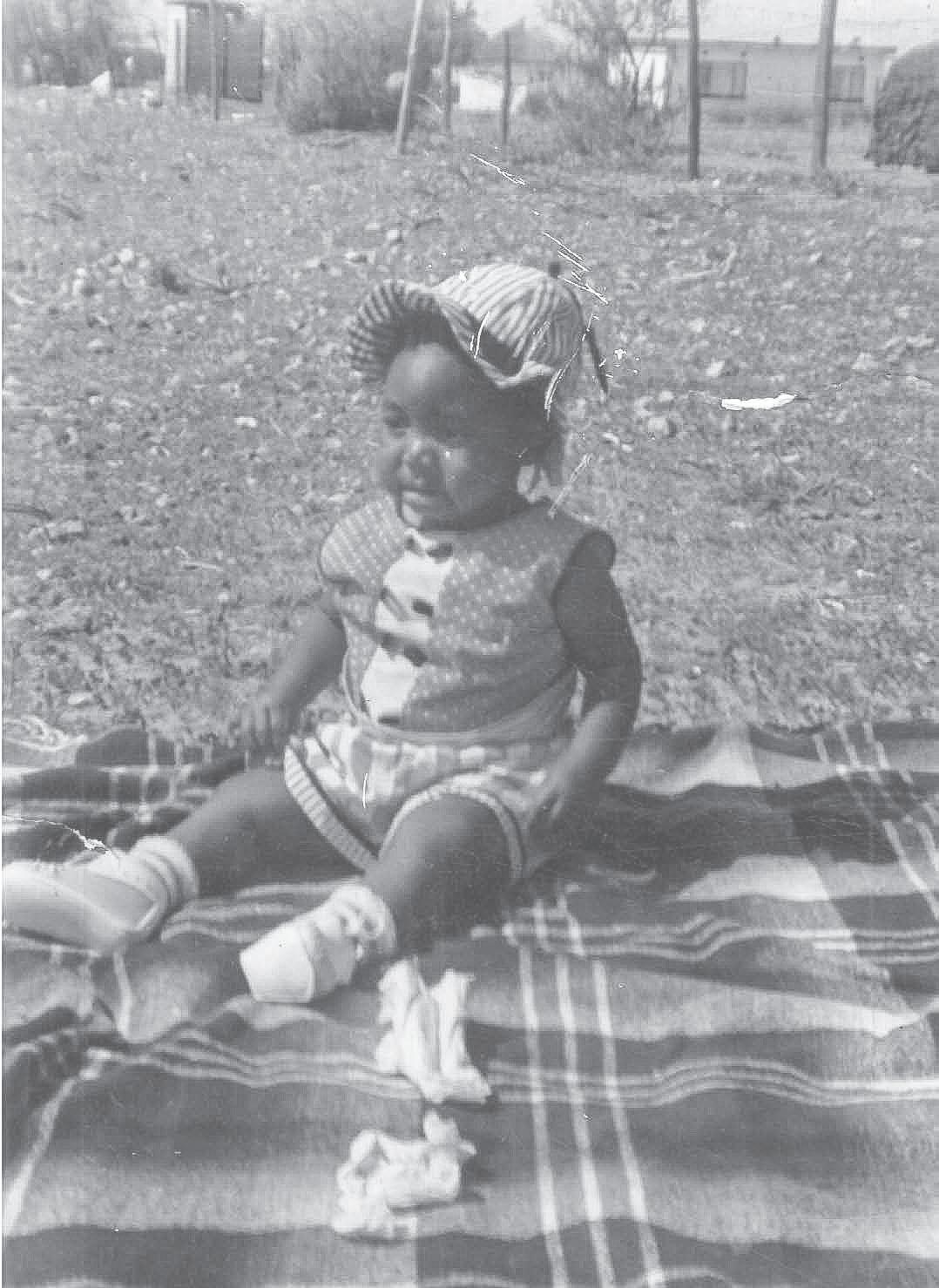
Me at six months old in Ga-Masehlong. I would start walking the following month.
special right from the start.
I was born to Dorcas and Jacob Semenya on January 7, 1991, in a village called Ga-Masehlong, located in what is today called Limpopo, the northernmost province of South Africa. Our village is small and remote; only about a thousand people lived there. There was a time when it couldn’t be found on Google Maps. There is only one road that leads into the village. If you were driving from the city of Polokwane, capital of the Limpopo province, you’d drive about 60 kilometers (about 37 miles) northwest on the only main road, and then make a left and head into nothing but open sky, wilderness, and dirt tracks. Eventually you would arrive at a tree that holds a sign with our village’s name on it. We had eight main streets. Mostly there were homes on rectangular plots of land and a few shops, what we call “spaza” or “tuck” shops, convenience stores that sell basic household items and snacks and drinks. Anyone could put up a spaza shop; many were in people’s homes. We had one liquor store, a supermarket, and a primary school. And, of course, we had a church. You’d find almost everybody gathered there on Sundays, and sometimes during the week, singing, dancing, and calling out to God and his Son. Many people left during the day to work as farmers and laborers and domestic workers in towns and cities or in the larger neighboring villages.
I’ve often described my village as “a dusty, dusty place.”
And it was that. The flat, dry land surrounding the homes seemed like it could go on forever. It was dotted with baobab and jacaranda trees, bushes, brambles, and thorns. You could see mountains in the distance. When I was growing up, the houses were made of mud and stone. Some folks built their roofs with tin, and others used tightly woven dried grass or thatch. There was wire fencing around many of the homes to keep in the cows and goats and sheep, although the animals would also roam freely around the village. Everyone in the village knew each other, and kids were allowed to roam freely, too. We call the wilderness surrounding our village “the bush,” and it’s where I spent most of my childhood.
My mom had been a teacher in her youth, but once she married my father, he preferred that she stay home. My mom still wanted to contribute financially to our family, so she opened a spaza shop in our yard. She sold mostly foods like raw cuts of meat and fish and sweets. During the week, she would also take some merchandise to our school and sell to students during lunch breaks, like candy and freshbaked bread with raisins. My mother was beautiful, with rich brown skin and a rounded face and curves. Like most of the women in my family, she was not tall, but she carried herself with a dignity that made her seem much taller. My mom was very motherly, by which I mean patient, kind, and protective. I inherited her easy, wide smile. She was
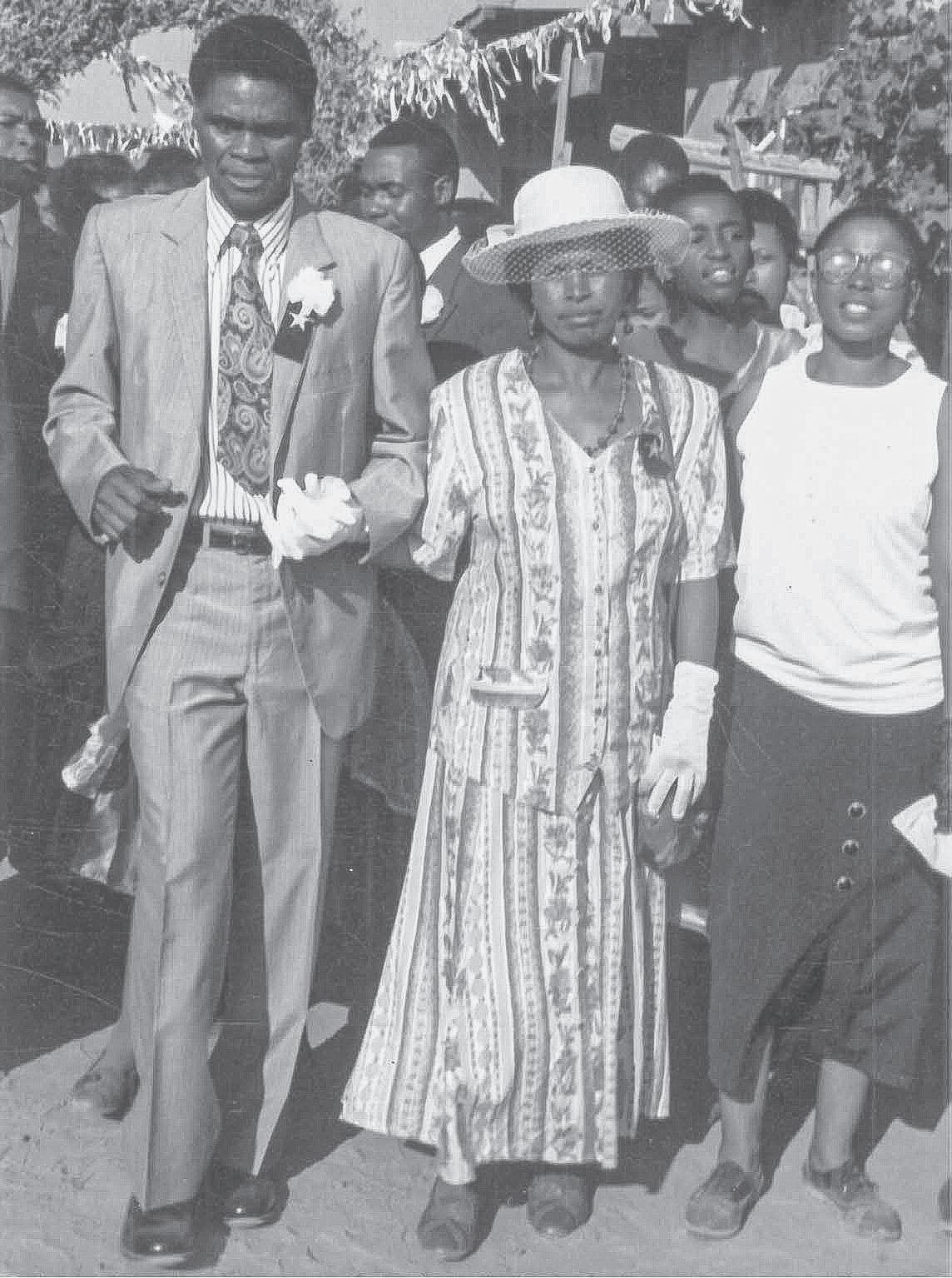
tough, too—not a woman you wanted to cross.
My father worked as a gardener in Pretoria, a city about 310 kilometers (192 miles) from our village. The work kept him away from home a lot, sometimes for months at a time. I loved my mom with all my heart, but I was what they call 1995. My mom and dad’s wedding. Third outfit change.
a “daddy’s girl.” I missed him terribly when he would go off to the big city. I remember he would come home and I would run to him and hug him for a long time. He’d pick me up and spin me around and around. Most would say I inherited my height and facial features from my father, who was thin and long limbed but muscular, with sharp cheekbones. He, too, had a big smile. My dad could come off as shy and reserved, but he also loved to joke, and it seemed you could hear his laughter from miles away.
I am the fourth child of six children, five girls and one boy. My eldest sister, Wenny, was born in 1980, and then Nico was born in 1985, followed by Olga, born in 1987. I came into the world in 1991, and my younger sister Murriel was born in 1993. My baby brother, Ishmael, the only boy in our family and the final child, was born in 1996. The real baby of our family was my niece, Neo, Wenny’s daughter, who lived with us from the day she was born in 1998. My older sisters would come and go from the village as they searched for opportunities in schooling and work in Johannesburg, the largest city in South Africa. When they left, I would be the eldest in the household, and the main caretaker of my younger sister, brother, and niece while my mother and father worked. I had plenty of extended family in our village—aunts and uncles on both sides with children of their own.
We were not rich people, but we were not poor. Our
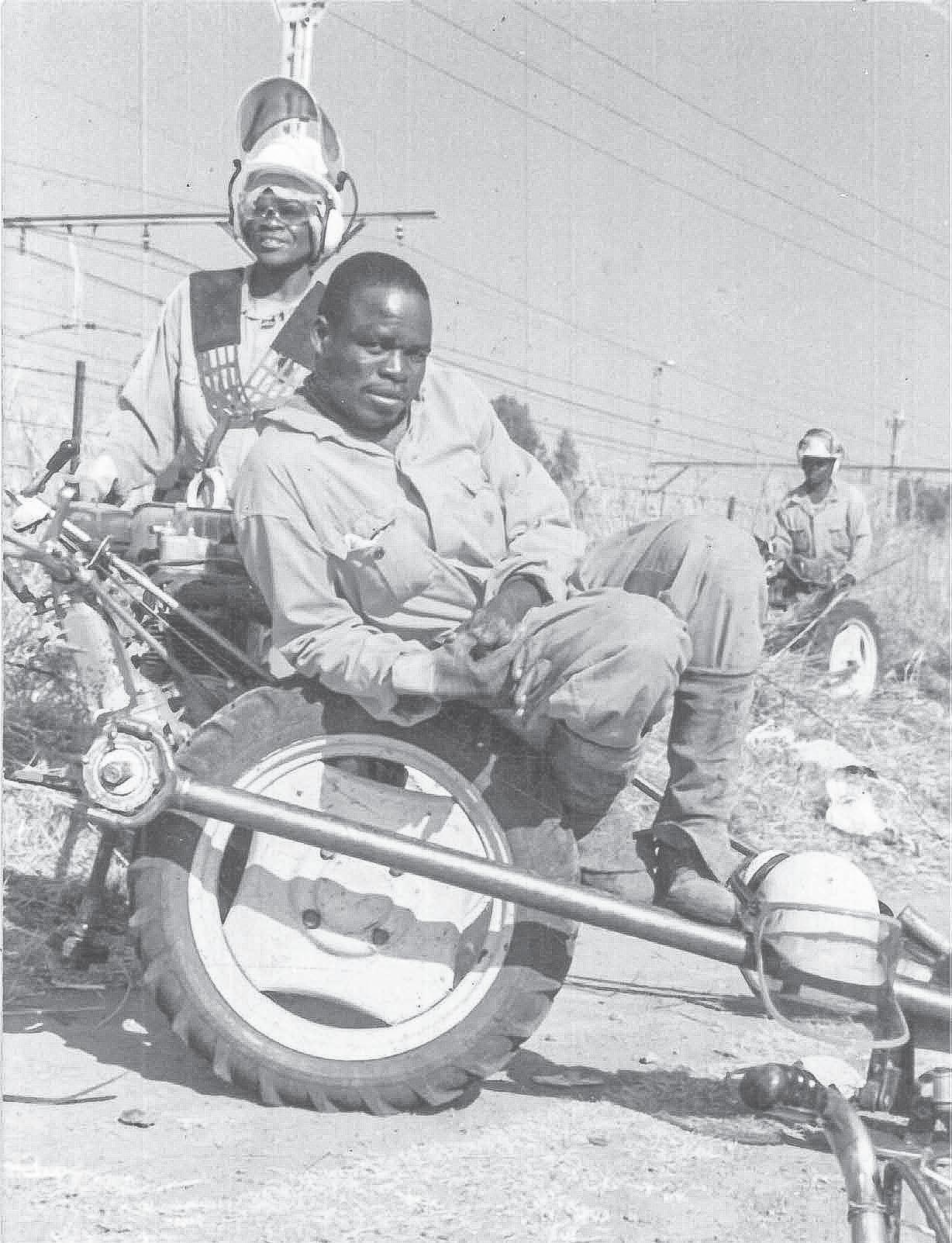
family may not have had a lot, but we had plenty of food. I never had to go to bed hungry. For me, being poor is when a family doesn’t have clothes, and they don’t know where their next meal is coming from. “Poor” is when you don’t 1970s. My father at work gardening in Pretoria in protective equipment.
have shelter. Our family had all of this, so we weren’t poor.
Our home was large by our standards, with five bedrooms and a living room. We were a big family, and we needed the space. There was no electricity or running water. We fetched enough water from the village well for our needs and used candles and oil lamps. When I was four or five years old, my father installed a solar energy system; government-run electricity didn’t come to our village until 2001, when I was ten. Our toilet was outdoors, a good walk away from the main house. It was a wooden shack built around a deep hole in the ground. We called it “the long drop.” No need for water to flush. You sat and did your business and went on with life.
On our small piece of land, we grew fruits and vegetables (including lemons, oranges, figs, guava, mangoes, peaches, grapes, pomegranates, sugarcane, tomatoes, potatoes, and spinach) on one side and kept our animals on the other. We didn’t sell what we grew; we farmed only to feed ourselves. There was an area inside the house that could be called a kitchen, but the actual cooking of meals happened outside in our yard. I loved to run into the bush and collect firewood. We had a pit in the back of our home, and when the wood was glowing red and orange, we’d put our iron pots on it. We owned about thirty domesticated animals—cows and goats and sheep. I loved to take care of them, too.
My mother told me one of our ancestors came to her in
a dream while she was pregnant and gave her my full name. Mokgadi Caster Semenya. Mokgadi was my maternal grandmother’s name. In Pedi, our native tongue, it means “one who guides” and “one who gives up what they want so that others may have what they need.” Caster is an English name, and I learned it means “one who seeks.”
I weighed twelve pounds at birth, the biggest of all my siblings. I was barrel chested, my mother said, with big lungs that allowed for a deep-throated cry, unlike any of her other daughters. I know that after three girls, my parents probably wanted a boy, but here I was. They were happy. A new healthy soul in the family is always a cause for happiness.
My parents adored me. If they did have a favorite child, it would have been me. I kept going back to that feeling of being loved by the two most important people in my life when later it seemed the rest of the world thought I was some kind of monster.
AS I GREW OlDER, IT BECAME ClEAR I WASN’T INTERESTED in the same things other girls were. I’d be given a doll or teddy bear, and I would toss it around a bit and then get rid of it. I also didn’t want to play make-belie ve or hand-c lapping games with the other girls. I wasn’t affectionate, and I didn’t want to be kissed or held much. What I wanted was to run around, take things apart and figure out how they worked, and I didn’t care about getting dirty or hurt.
I remember the day my father came home after one of his long stays in Pretoria. He would usually bring us gifts and other household necessities. This time, he was holding up a dress for me. It was red and white and it had ruffles
and lace around the hem with a little belt that tied around the waist.
“Mokgadi, my baby, this is a nice one,” my father said with a big smile on his face while turning the dress this way and that.
“Thank you, Daddy. It’s nice. It’s a fine dress. But I don’t want to wear it.”
“Why not?” My father acted surprised but I know he wasn’t.
“I will not wear it. I don’t like it.”
“Maybe you try it on first and then you see what you think.” My father pretended to be sad with an exaggerated frown on his face.
“No. You wear it first. You should lead by example, like you say to me. See how it suits you. If you like wearing it, then I’ll wear it.” It was playful talk between us but it was how I really felt.
Instead of forcing me to wear it or calling my mother for help, I remember my father just shook his head, laughed, and said, “OK, Mokgadi. As you wish.”
That was the day I stopped wearing dresses. I was maybe five or six years old.
Dresses and skirts didn’t suit the life I was leading. I spent my days fetching firewood and pails of water from the village well. I loved going around our yard and tending